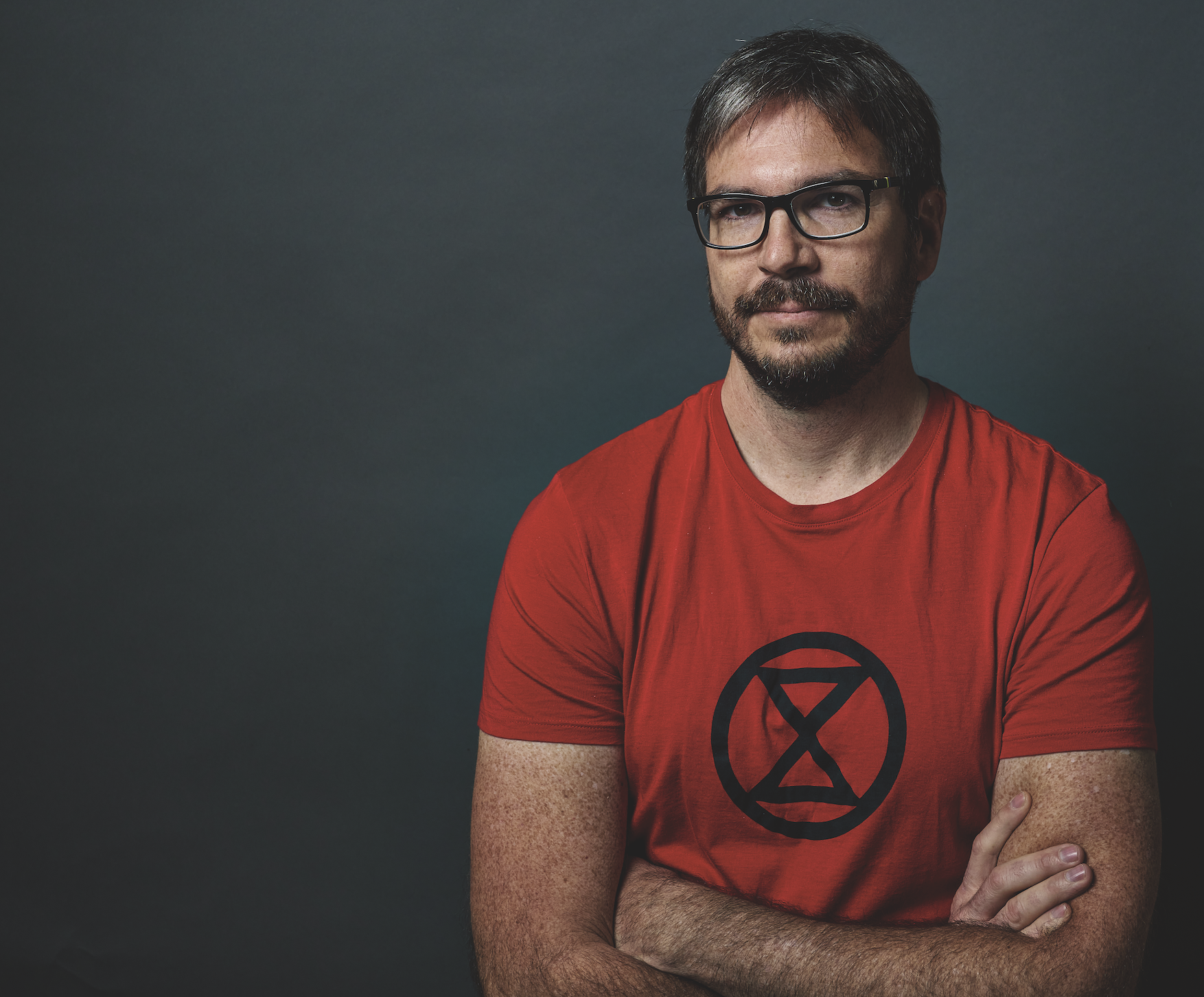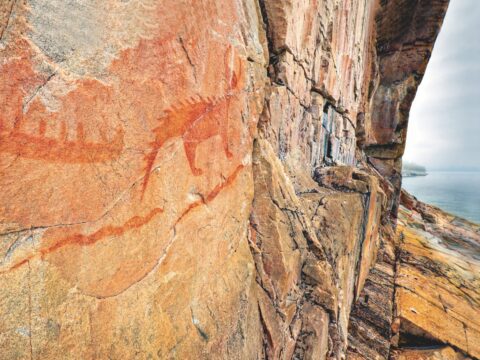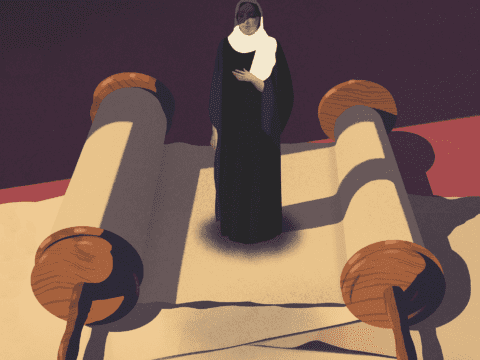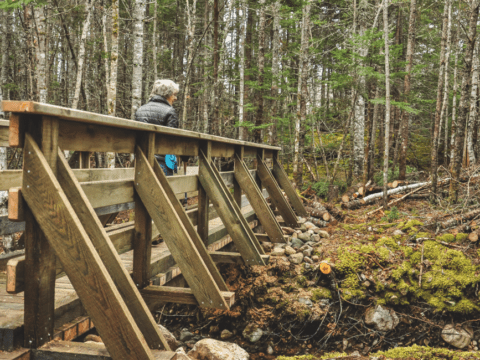Peter Kalmus is a climate scientist and the author of “Being the Change: Live Well and Spark a Climate Revolution.” He has reduced his own carbon footprint to about one-tenth the personal average in the United States by flying less, reducing food waste and running his car on vegetable oil.
He spoke with Julie McGonegal.
Julie McGonegal: How have you cut your carbon footprint to less than a tenth of the U.S. average?
Peter Kalmus: The most important step was to know where my emissions were coming from. If you don’t see the emissions, then you don’t know what to change. I found out they were dominated by flying. That made it clear that a big part of my path toward reducing my emissions would have to be to fly less. In second place was food. I became vegetarian. I also started to bike more.
JM: How did the changes feel?
PK: A lot of the changes didn’t feel like sacrifices at all. Sometimes they made me feel way better! I think the majority, if not all, of people who go on a similar journey find the same thing. Most people assume it’s going to be this awful sacrifice—to live on less fossil fuels—but it’s actually pretty awesome.
More on Broadview: Garth Mullins on the next challenge for drug-use activists
JM: Tell me about your decision to stop flying in a flying-addicted culture.
PK: It’s a wonderful place to focus the discussion because of the crazy attachment that the global rich—which is us—have to flying. We’ve equated it with freedom and with a cosmopolitan, liberal lifestyle. It feels virtuous to fly, like we’re helping build bridges between different cultures. It’s also a status marker, particularly in academic communities.
I get a lot of pushback but I’ve learned to thicken my skin, because I know that there is climate truth here. We’re on the right side of physics to fly less because the deadly climate-related weather disasters are driven by CO2 emissions. That’s why the flying-less movement is unstoppable and why more and more people are joining it.
JM: Why is it important for climate activists to model this shift?
PK: Every climate activist should seriously consider doing it, if only because they’ll be able to speak much more authentically and powerfully. I would have felt deeply uncomfortable saying we are in an emergency if I was still burning as much fossil fuel. How could I persuasively say it is a threat to human civilization if I wasn’t making changes?
“I get a lot of pushback but I’ve learned to thicken my skin, because I know that there is climate truth here.”
JM: Critics would say the focus should be systemic not individual change.
PK: To burn less fossil fuel as a climate activist is a form of speech. It’s a way to accelerate system change. I’m one person who is spreading the message that this is a climate emergency, and we need a Green New Deal, and we need a moratorium on all new fossil fuel infrastructure, and we need to end fossil fuel subsidies—all of that! But I can say that more convincingly if I’m decarbonizing my lifestyle. So it’s not this either/or thing; I’m not saying all we need is individual action. I’m saying we need to radically change the system as quickly as we can and one way to vote for that system change is to start using less fossil fuel.
JM: How is climate change both scientific fact and spiritual crisis?
PK: For me, climate change has a deep spiritual component. A huge event in my life that increased my awareness was having my first son. It’s an incredibly spiritual thing to bring new life onto this planet, and to feel that love and responsibility and connection to the future. It somehow transferred seamlessly to other life on this planet.
I was meditating at the same time, and felt this connection to other beings on this planet. Meditation is a way for me to feel experiential connection. When I meditate, I feel like I dissolve, like I’m part of the whole web of life. What I’m doing comes from love.
This interview first appeared in Broadview’s April 2020 issue with the title “Peter Kalmus.”
Broadview is an award-winning progressive Christian magazine, featuring stories about spirituality, justice and ethical living. For more of our content, subscribe to the magazine today.















